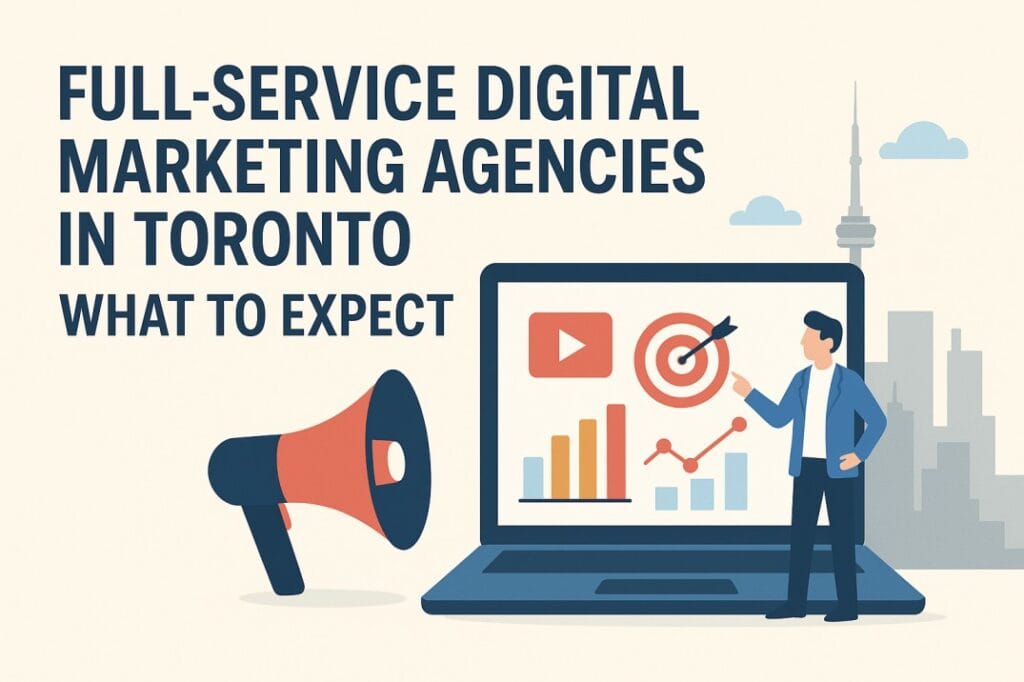Businesses cannot rely on guesswork when it comes to growing online. Whether you’re a startup or an established brand, standing out in the crowded marketplace requires strategy, execution, and constant adaptation. That’s where a Digital Marketing Agency in Toronto comes in. But what does “full-service” really mean, and what can you expect when you choose such an agency? Let’s explore the layers of support, expertise, and results you gain when you partner with professionals who understand how to make your brand thrive online.
The Meaning of Full-Service
A full-service digital marketing agency is more than just a team running ads or designing graphics. It is an integrated partner that looks at every touchpoint between your brand and your audience. From your website’s performance to your social media reputation, each part is managed to work together.
When you connect with a Digital Marketing Agency in Toronto, you’re essentially getting a one-stop solution that covers strategy, design, content, advertising, and analytics. Instead of juggling multiple vendors, you rely on one team that understands your vision and aligns all efforts toward measurable growth.
Why Businesses Choose Full-Service Over Individual Services
Some businesses initially try hiring freelancers or small vendors for one task at a time. While that may seem cost-effective, it often leads to inconsistent messaging and wasted resources. Full-service agencies, on the other hand, offer a more cohesive approach.
Here’s why companies prefer them:
- Consistency: Your branding and messaging remain uniform across platforms.
- Efficiency: One team manages campaigns seamlessly without overlap or confusion.
- Expertise: Specialized professionals collaborate under one roof.
- Scalability: As your business grows, the agency can scale services without disruption.
This integrated method is why many brands turn to a Digital Marketing Agency in Toronto to fuel both short-term wins and long-term growth.
Key Services You Can Expect
A full-service agency does not stop at one or two marketing tools. Instead, it builds a complete ecosystem for your brand. Typical services include:
Search Engine Optimization (SEO)
SEO helps your business appear where your customers are looking. From optimizing website content to technical site audits, agencies work to improve visibility and drive organic traffic.
Pay-Per-Click Advertising (PPC)
Paid campaigns on Google or social media platforms can deliver fast results. A Digital Marketing Agency in Toronto uses data-driven strategies to optimize ad spend, ensuring that every dollar contributes to measurable ROI.
Content Marketing
Content is what builds trust with your audience. Blogs, videos, and infographics created by professionals position your brand as an authority and keep customers engaged.
Social Media Management
Your audience is already on platforms like Instagram, Facebook, LinkedIn, or TikTok. Agencies design campaigns, manage communities, and track engagement to keep your brand relevant and approachable.
Web Design and Development
A user-friendly website is the foundation of all online efforts. Full-service agencies create responsive, SEO-friendly websites that convert visitors into loyal customers.
Analytics and Reporting
Tracking performance is essential. Agencies provide regular insights into what’s working and what needs fine-tuning, ensuring strategies evolve with changing market dynamics.
The Advantage of Local Expertise
Working with a Digital Marketing Agency in Toronto offers the added benefit of local knowledge. Toronto is a competitive business hub, and strategies that work in other regions may not always apply here. Agencies rooted in the city understand the cultural nuances, audience behaviors, and industry-specific challenges that shape local marketing success.
This local expertise often gives your brand a competitive edge, ensuring your campaigns resonate with the right people at the right time.
What the Collaboration Process Looks Like
When you start working with a full-service agency, expect a structured process that ensures clarity and results. Typically, it follows these stages:
- Discovery: Understanding your business goals, audience, and challenges.
- Strategy Development: Designing a roadmap that combines multiple marketing channels.
- Execution: Launching campaigns with precision and creativity.
- Monitoring: Using real-time data to track performance.
- Optimization: Refining strategies for continuous improvement.
This transparent workflow ensures you’re not left in the dark but actively involved in shaping your bra


